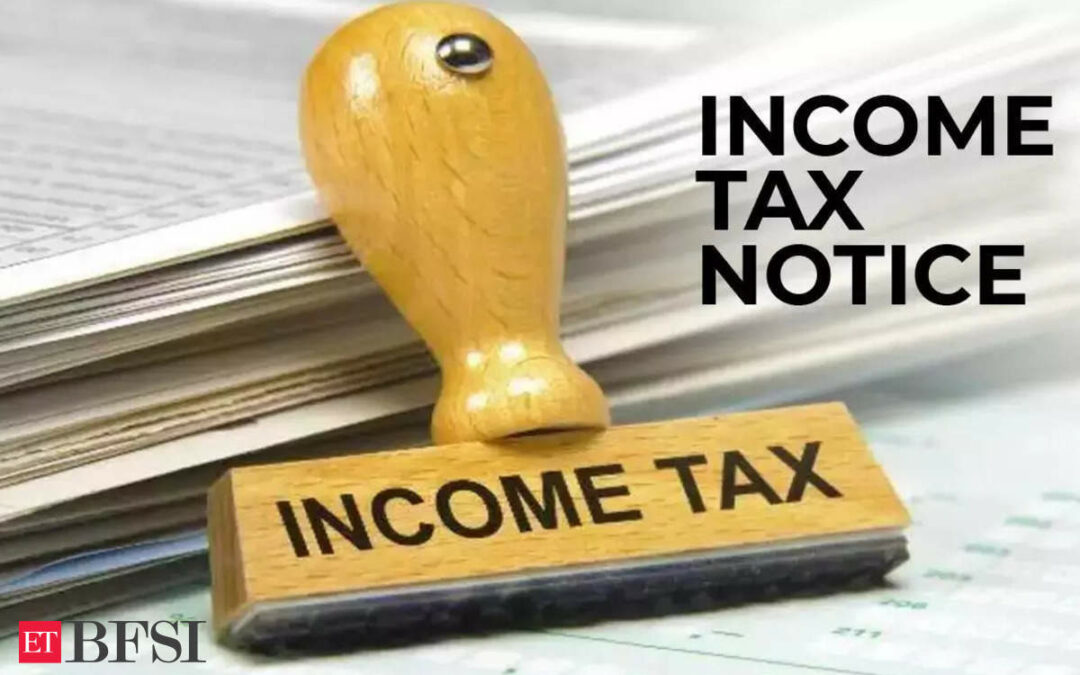MUMBAI: The Income-tax Appellate Tribunal (ITAT), Delhi bench, has given an order in favour of a non-resident taxpayer, who had purchased a flat in a posh suburb of Mumbai.
The tax tribunal held that a sum of Rs 40.45 lakh which was the difference between the stamp duty value on the date of registration of the flat and the agreement value cannot be taxed in the hands of Shyamkumar Madhavdas Chugh hands as ‘Income from other sources’.
Typically, when a home buyer books a flat, the purchase price is finalized on this date and is reflected in the agreement. In addition to the sum paid at the time of booking, the buyer makes periodic payments over several months. The flat gets registered at a later date. Understandably, the stamp duty value is much higher at the time of registration.
However, in several instances, income-tax (I-T) officers have treated the difference between the agreement value and the stamp duty value as on the date of registration as taxable income and raised heavy tax demands, including penal interest.
According to tax experts, “Section 56(2)(vii)(b), which is covered by this ITAT order for the financial year 2013-14, has been replaced by section 56(2)(x). However, the ITAT order would also apply to the amended law, as provisions are similar.
Provisos to section 56 (2)(vii)(b), state that where the date of the agreement (which is fixing the amount of consideration for the transfer of immovable property) and the date of registration are not the same, the stamp duty value on the date of the agreement may be taken if the payments have via banking channels (which is in modes other than by cash).
The ITAT bench pointed out that the provisions of section 56 (2)(vii)(b) do not apply to the facts of the instant case. Chugh entered into an agreement fixing the amount of consideration for the purchase of the immovable property in the year 2010 but the actual registration took place in 2013.
Further, the taxpayer paid a part of the consideration by cheque in the year 2010 before the date of the agreement. “In such circumstances, we hold that the stamp value on the date of agreement in the year 2010, has to be considered.” The ITAT allowed this appeal and quashed the addition made by the I-T officer.











